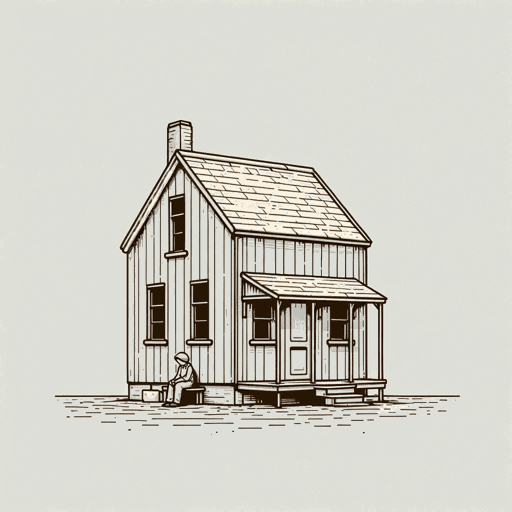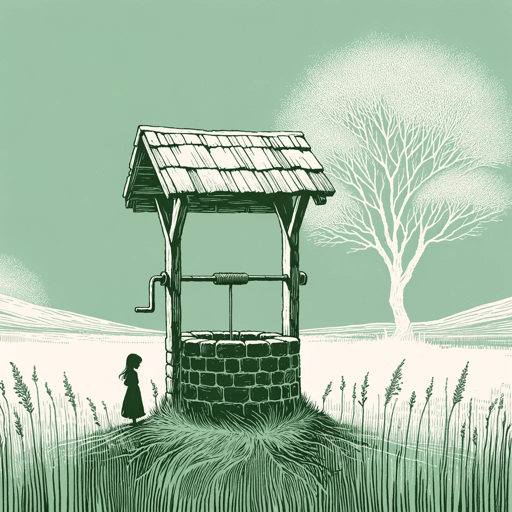46 pages • 1 hour read
Claire KeeganSmall Things Like These
Fiction | Novella | Adult | Published in 2021A modern alternative to SparkNotes and CliffsNotes, SuperSummary offers high-quality Study Guides with detailed chapter summaries and analysis of major themes, characters, and more.
Background
Historical Context: Magdalen Laundries
The controversial act at the heart of Keegan’s novel takes place in a Magdalen laundry. Initially called Magdalen “asylums,” these sites were church-run facilities that forced girls and women who were out of societal favor into imprisonment and forced labor. Many of the inmates were unmarried mothers; their babies were taken away from them and, in some instances, put up for adoption in America and Australia. Girls who were from impoverished families or were simply deemed too flirtatious or bold were also interned there. The nomenclature of Magdalen psychiatric hospital owes its etymology to the biblical figure of Mary Magdalene, whom Catholic tradition views as a repentant prostitute. This imbued the site with the notion that the women who worked there were in a state of repentance.
The first Magdalen Hospital for the Reception of Penitent Sex Workers was opened in Whitechapel, London, in 1758 by a silk merchant named Robert Dingley, who enlisted “repentant” women to do labor for his business. The idea of reformatories that exploited the labor of so-called “fallen” women spread throughout British-colonized territories, including Ireland, and many of them were run by the Anglican church. In Ireland, which was a British colony until 1922, the first Magdalen Hospital for Penitent Females was an Anglican facility that opened in Dublin in 1767 and admitted only Protestant women.


